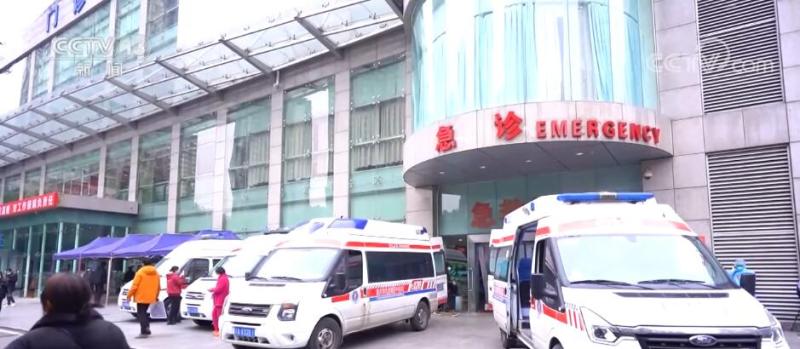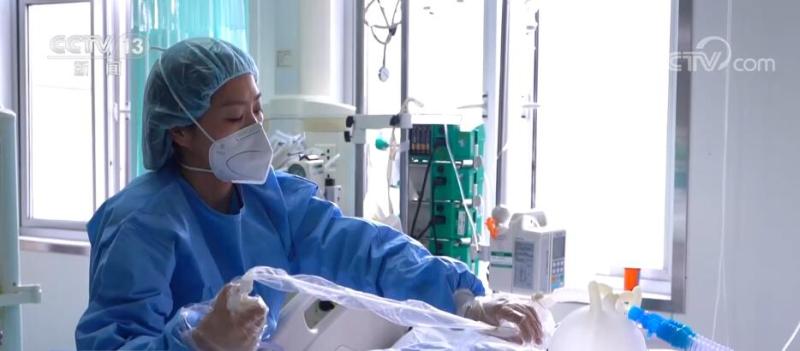Concentrate the strength of the whole hospital to support the emergency and ensure the treatment of critical patients.
CCTV News:In Chongqing, with the optimization and adjustment of epidemic prevention and control policies, the number of emergency department patients in the First Affiliated Hospital of Chongqing Medical University surged, especially the number of emergency medical patients increased by 4-5 times, most of whom were infected by Covid-19. In the past two days, the reporter from the reception desk came to the emergency department of the hospital and recorded the work of medical staff.

As soon as the reporter arrived at the hospital, a 120 ambulance was ready to leave. The doctor Deng Ying told us that they were going to the nursing home to pick up a critically ill patient. When they came to the nursing home, Deng Ying and the nurse learned that the old man had not eaten for several days and had symptoms such as difficulty breathing.
After carrying the old man to the ambulance, the nurse on board quickly inserted oxygen into the old man and connected the monitoring equipment. Ten minutes later, the ambulance rushed back to the hospital from the nursing home, but there was no bed in the emergency room. What was even more worrying was that the family members could not be contacted.
Although the family members could not be contacted, the first aid could not wait. Several medical staff quickly added a bed for the elderly and made various emergency treatments.
With the cooperation of several medical staff, Deng Ying finished the examination for the elderly. According to the examination results, they gave the elderly corresponding treatment and plan. Soon, the problems such as poor breathing of the elderly were alleviated. Deng Ying said that recently, due to the shortage of emergency personnel, she was transferred from obstetrics and gynecology to support. At present, there are 22 doctors in the emergency department, many of whom are transferred from other departments like Deng Ying. Most of them have been infected with Covid-19. Faced with the emergency volume of more than 400 people at the peak, they are a little tired, but they still try their best to treat every patient.

At the moment, the medical staff in the emergency department are rescuing a 19-year-old boy. Because of renal insufficiency and other diseases, the boy developed respiratory failure after being infected with Covid-19, and he is in urgent need of ventilator support.
After the coordination of the dean, a bed was finally found in the respiratory intensive care unit, but the department’s non-invasive ventilator had been used up and had to be transferred from the geriatrics department. The patient was successfully transferred to the respiratory intensive care unit. Five hours later, the reporter came to the intensive care unit again and found that all the indicators of the patient’s body tended to be stable.
According to the hospital, at present, the beds in various departments, especially the emergency department, have been overloaded. How to ensure that patients can be treated in time and that critically ill patients can live in the intensive care unit in the later stage?
Zhou Fachun, Director of Department of Critical Care Medicine, First Affiliated Hospital of Chongqing Medical University:Patients with relatively stable condition can be transferred to other specialized wards at the first time, so as to ensure that the utilization rate of ICU beds can really serve the critical patients in need.
For non-critical patients, neurology, cardiovascular medicine and other departments have also vacated many beds.
In the emergency department, doctors and nurses are still busy, and 2023 has quietly arrived.